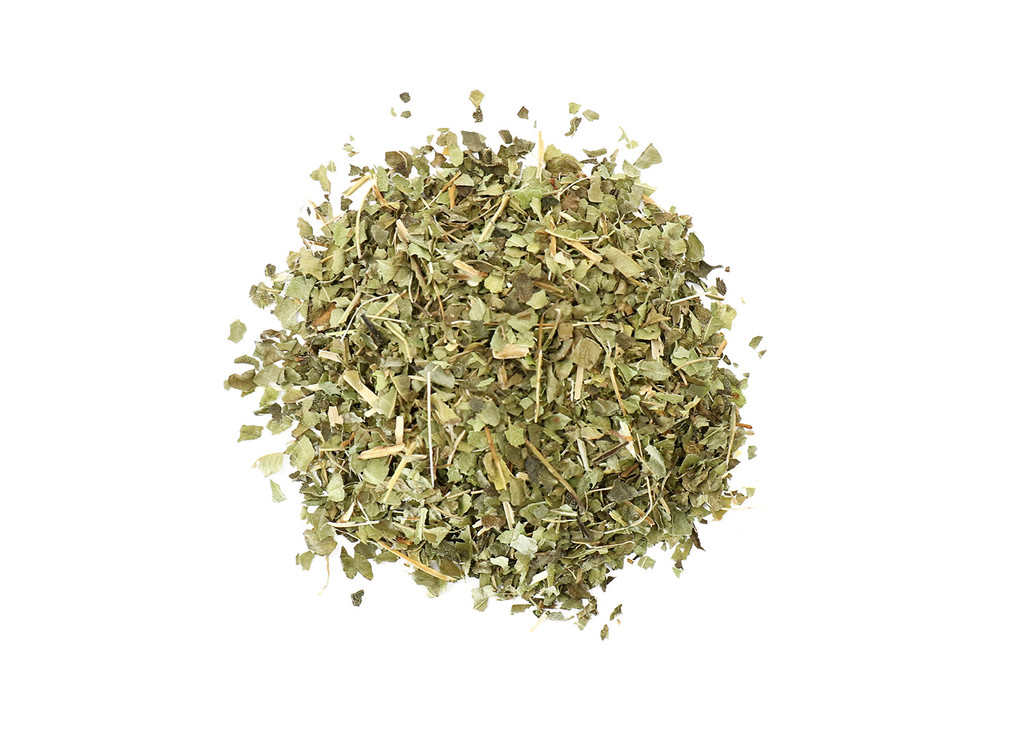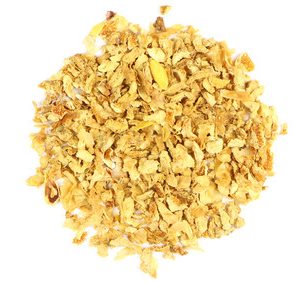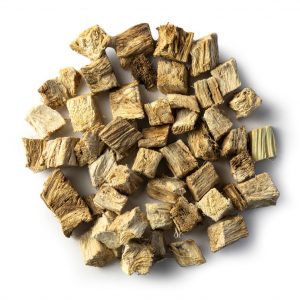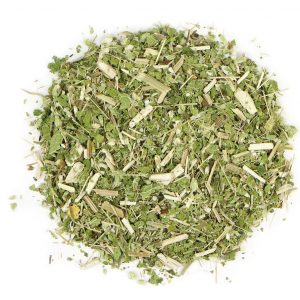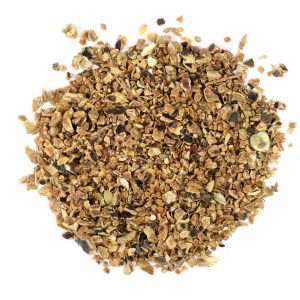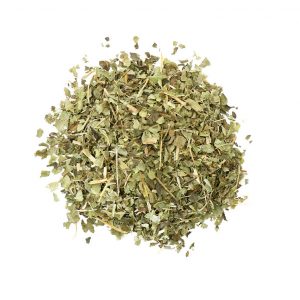Lemon verbena is characterized by its bold and intense lemony aroma. When dried, it has a toned-down scent and flavor ideal for lemon verbena tea, herbal infusion blends, and potpourri. Aloysia citriodora can also be used to flavor culinary dishes like ice creams or marinades.
Lemon verbena, sometimes called vervain, is generally acknowledged to be the most strongly scented and intense of the lemon scented plants. The scent has moved writers to poetry and prose in an effort to describe its essence, which is both crisp and relaxing at the same time. Because of its scent, lemon verbena is used in making perfumes and toilet water, as well as a flavoring in baking, jelly and preserving. The flavor of lemon verbena has been likened to a cross between licorice and camphor, and it is widely used as an herbal flavoring to replace oregano, particularly in light protein dishes.
Lemon verbena was introduced to England in 1700s, and found a comfortable home there, where the deciduous bushes sometimes grow to fifteen feet in height. The plant has an incredibly strong minty-citrus scent that is quite powerful when harvested fresh, however the dried Lemon Verbena is less over-powering and more subtle. It is native to Chile and Peru but grows quite contentedly in other places. It is used in a similar manner as many other plants with mint or camphor content. Lemon verbena belongs to the Verbenaceae family.
As a culinary flavoring, lemon verbena has been used as everything from ice cream flavoring to pepper substitute. The licorice and camphor content do make the volatile oils from the plant stronger than most other lemon-scented herbs, so it’s advised to use it sparingly as a flavoring.

